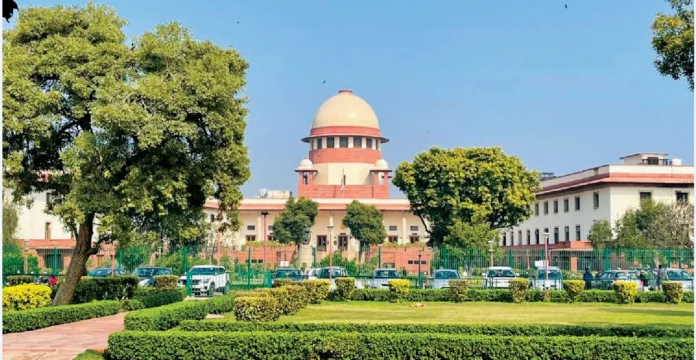The Supreme Court on Friday directed the University Grants Commission to collate and furnish data from all Universities, including Central, State, private, and deemed, regarding the establishment of equal opportunity cells and the total number of complaints received under the UGC (Promotion of Equity in Higher Educational Institutions) Regulations, 2012, along with action taken reports.
The Bench of Justice Surya Kant and Justice Ujjal Bhuyan passed the order on a public interest litigation (PIL) filed by the mothers of Rohit Vemula and Payal Tadvi over caste discrimination in higher educational institutions (HEIs).
Appearing for the petitioners, Senior Advocate Indira Jaising and Advocate Disha Wadekar submitted that UGC had failed to implement the 2012 regulations.
The Counsel appearing for the UGC contended that pursuant to certain recommendations, a new set of regulations has been formulated by the Commission.
The Bench then directed the Counsel to notify and place the same on record.
Senior Advocate Jaising apprised the Apex Court that there were extant regulations in place and the 2012 Regulations in particular were intended to put an end to discrimination based on caste in HEIs.
The Counsel, however, raised issues regarding the implementation of the same.
Out of total 820 Universities, including Central, state and deemed across the country, how many have set up Equal Opportunity Cells. If set up, what was the composition of these Cells, she asked.
The Counsel further asked about the nature of monitoring being done by UGC towards implementation of the 2012 Regulations.
Considering the necessity of their responses for effective adjudication of the matter, the Bench directed the Registry to inform the Union (through Solicitor General) and the counsel appearing for NAAC to file counter-affidavits within four weeks.
After the passing of the judgment, Senior Advocate Jaising urged the Court to seek data from the Central government and the National Assessment & Accreditation Council on the total number of suicides committed by students in HEIs, along with a castewise breakup, highlighting the number of students belonging to the Scheduled Caste/Scheduled Tribe categories.
The top court of the country, however, expressed that it would adopt a step-by-step approach in the matter without opening too many floodgates at once.
Over a claim that 115 suicides had been recorded alone from IITs between 2004-24, the Bench said it was cognisant of the sensitivity of the matter and would begin hearing it periodically to find out a mechanism that would translate the 2012 Regulations into a reality.


